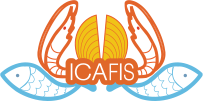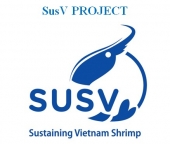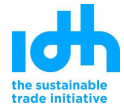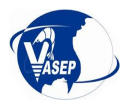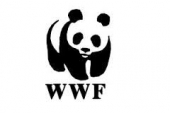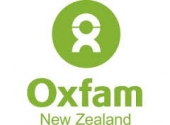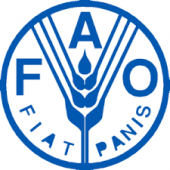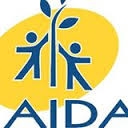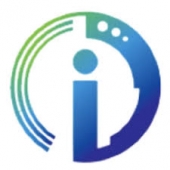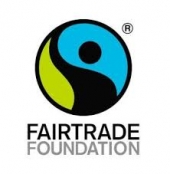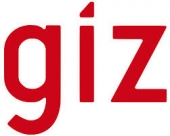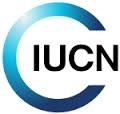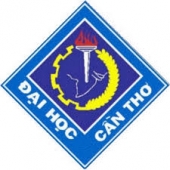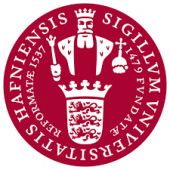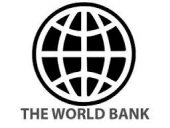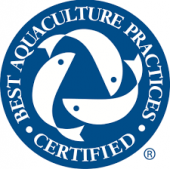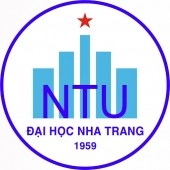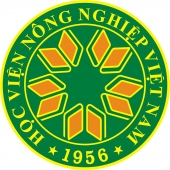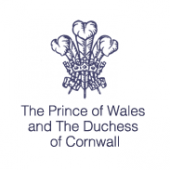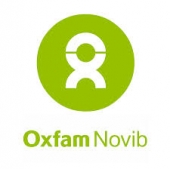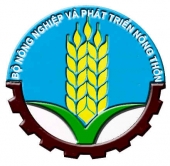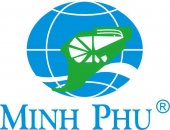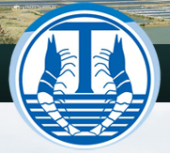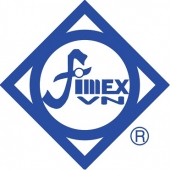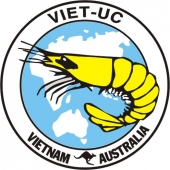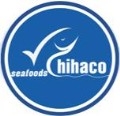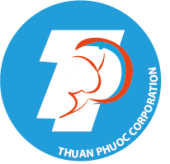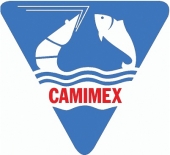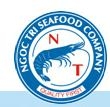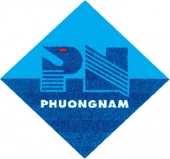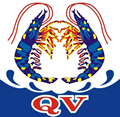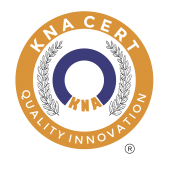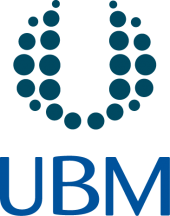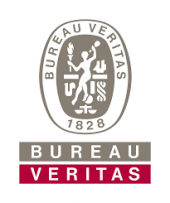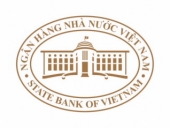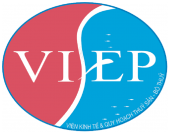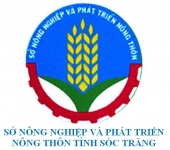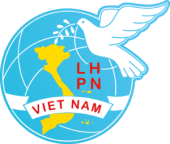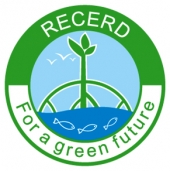Responding to the need to improve the sustainability of the shrimp faring sector, hundreds of stakeholders contributed to the Shrimp Aquaculture Dialogue, a process aimed at developing credible standards for responsible shrimp farming. The process, which started in 2007, issued a first set of draft standards in 2010. Realising that the standards needed considerable improvement to be applicable to the Vietnamese context, especially to the Vietnamese small-scale farmers, Dr Pham Anh Tuan of the Directorate of Fisheries and by Dr Flavio Corsinof ICAFIS, under VINAFIS, decided to join the Global Steering Committee that coordinates the development of the standards.
Following considerable efforts the standards were improved considerably, partly thanks to the cost-benefit assessments and consultations conducted as part of the WWF funded "Promoting certification and Better Management Practices among small-scale shrimps in Vietnam"project.
The standards, which are now in their final draft versionwill help minimize the key environmental and social impacts related to shrimp farming globally.This version of the standards will be subject to voluntary field testing on selected farms.
The GSC is expected to use the results from this short field-testing phase to make any final, minor revisions to the standards so that they can be put into use on shrimp farms around the world.
"The standards now are much better than when they first were issued. They are now truly applicable at least to the most innovative small-scale producers" said MrTuong Phi Lai, Dorector of the Research Center for Resources and Rural Development (RECERD).
"It is great to see how the standards are now much less costly than before to comply with, while still addressing the key environmental and social concerns of the market and other stakeholders" said DrFlavio Corsin.
The final standards will be handed over to an independent organization, theAquaculture Stewardship Council (ASC), during the first half of 2012. The ASC will ensure farms are certified against the standards through independent third party certification bodies that are accredited by ASI and follow ISO and ISEAL guidelines.
